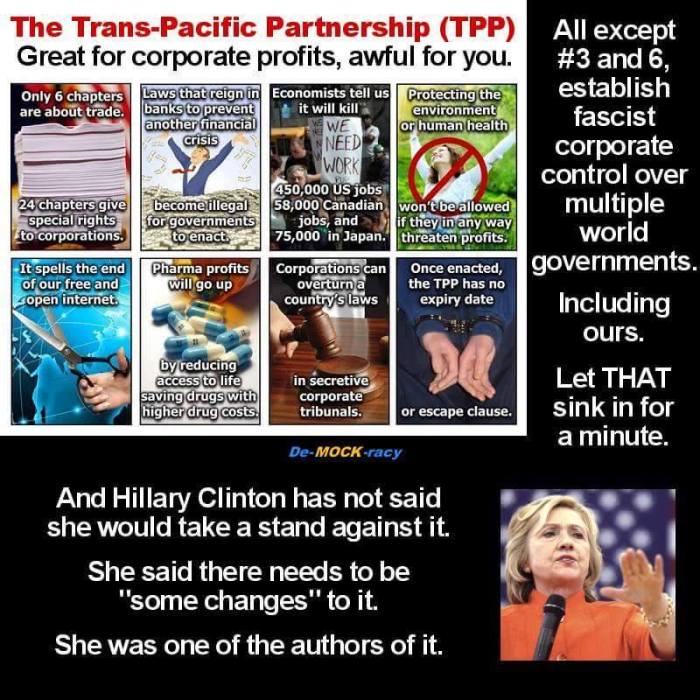 by Marcia Mueller
by Marcia Mueller
Trade deals are a nightmare for animals. When it comes to animal welfare and cultural-specific cruelty, trade and import decisions, policies, and regulations are virtually the only means of exerting pressure to maintain humane treatment or prevent cruelty.
But according to Matthew Scully, “As more responsibility shifts to the WTO [World Trade Organization], we lose those standards and the sovereign freedom to assert them. Free trade under the WTO has become not just a principle but a kind of mania, not just a good but the highest good, leveling standards in both human rights and animal welfare to the lowest common denominator and reducing all moral problems to questions of economic advantage.” Dominion (St. Martin’s Press, October 2002), p. 184.
For example, when the U.S. used its own laws against purse-seine nets which drown thousands of dolphins along with target fish such as tuna. The U.S. labeled cans as dolphin-safe if appropriate tuna fishing methods were used. Mexico filed a complaint saying the labeling violated the rights of their fishermen. The WTO agreed and made Congress change our law. So now tuna cans cannot even carry a label ensuring buyers that the tuna was caught by dolphin-safe methods because it would inhibit free trade in a manner unfair to Mexico. So this trade agreement denies consumers the information needed to make choices!
The fight over the tuna/dolphin issue and the outcome in favor of Mexico reveals that a country’s domestic policies and laws can be revoked to promote trade. “This should serve as a warning against expansive trade deals like the Trans-Pacific Partnership that would replicate rules that undermine safeguards for wildlife, clean air, and clean water,” said the Sierra Club’s Ilana Solomon in a statement.
There have been similar challenges over the EU ban on furs from animals caught in steel-jaw traps. Leg hold traps have been outlawed by 85 nations. However, the U.S., Canada, and Russia still use them. The traps have been deemed inhumane by the American Veterinary Medical Association, the World Veterinary Association, the U.S. National Animal Control Association, and the American Animal Hospital Association.
A ban of the traps was implemented in the EU member countries. But the ban was vigorously challenged by the fur industry, trappers associations, and aboriginal groups. The EU was threatened with reprisals and caved in. They changed their regulation to allow furs from leg hold trapped animals as long as “internationally agreed upon humane trapping standards” were adopted, even though no such universal standards exist. Thus much hard work by advocates to save wildlife from being held and tortured in the traps failed to protect them.
Concerning other wildlife issues, the Obama administration is claiming that the new TPP actually strengthens conservation. However, the TPP rules really only bind trade partners to “take measures to combat” trade wildlife rather than actually inhibiting it.
The ability of members to sue when they feel they are disadvantaged by other countries’ humane laws and get those laws overturned could presage further nightmares in the lives of farm animals in underdeveloped countries. Most of those countries do not have animal welfare laws and little will to invest in agricultural methods to reduce cruelty in raising and slaughtering animals. Demanding improvement could be reviewed as unfair and discriminatory. One could also ask how many cruel practices could potentially be outsourced from developed countries to trading partners abroad to avoid the laws and extra expense required of humane treatment at home.
According to Public Citizen, the Trans-Pacific Partnership could also threaten food safety. The TPP would require us to allow food imports if the exporting country’s safety regimen is deemed “equivalent” to our own, even if it violates our food safety laws. The rules could effectively outsource domestic food inspection to other countries. U.S. safety rules could be subject to charges as “illegal trade barriers” if the U.S. rules are stricter than general international standards. Our label laws could be challenged as “trade barriers” if they undermined products from other members of the TPP. Consumers would not be given the information to make humane choices.
Free trade is a devil’s bargain designed to satisfy human greed with the least regulation and resistance possible, with standards falling to the lowest levels of the membership. We can reasonably ask how many hard-won laws for animals will be the target of challenges and lawsuits that will revoke them. What all this will mean for animals and their treatment is terrifying to contemplate.
AFTERWORD by Roland Vincent
Marcia Mueller’s insightful and revealing article should make a candidate’s position on the TPP the primary litmus test of that candidate’s fitness to serve in office.
For animal activists and the animal movement, there is no more indicative measure of a candidate.
Bernie Sanders, Donald Trump, Jill Stein, and Clifton Roberts all oppose the TPP. If Hillary is elected, it will almost assuredly become law with only minor tweaks. She repeatedly called it the “gold standard” of trade agreements until Bernie challenged her in the Democratic primaries.
If Bernie becomes the Democratic nominee, there is little doubt he will become the 45thpresident of the US. If Hillary is nominated, we must beat her with Donald Trump.
While I like and respect both Stein and Roberts, voting for them will not stop Hillary from shoving the TPP down our throats.

No comments:
Post a Comment